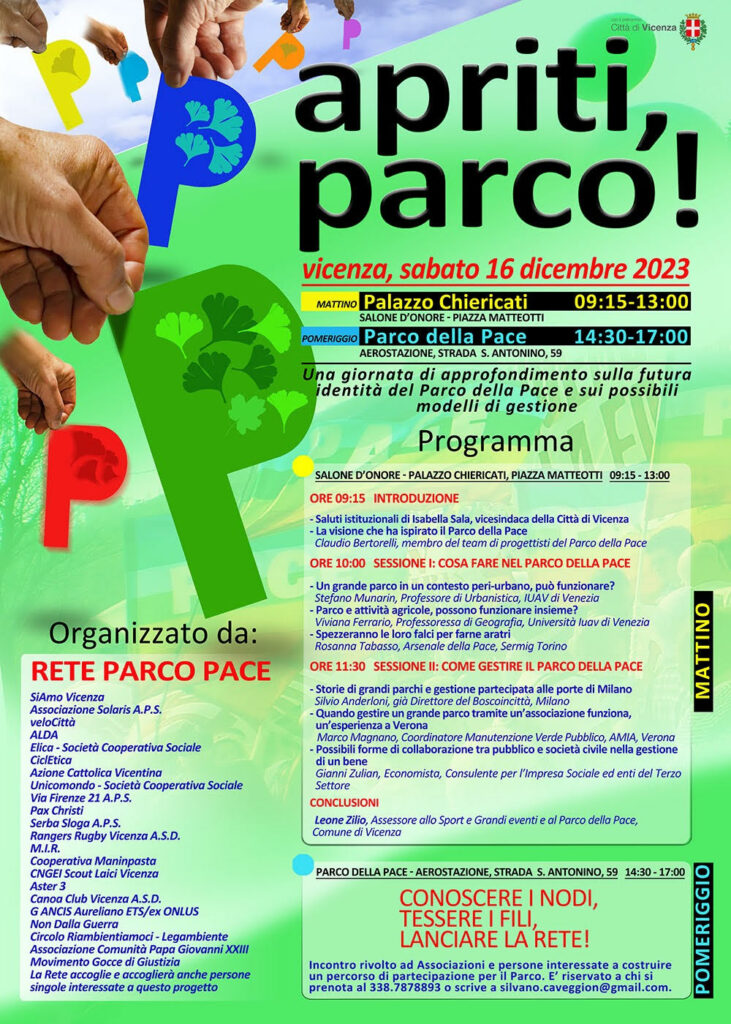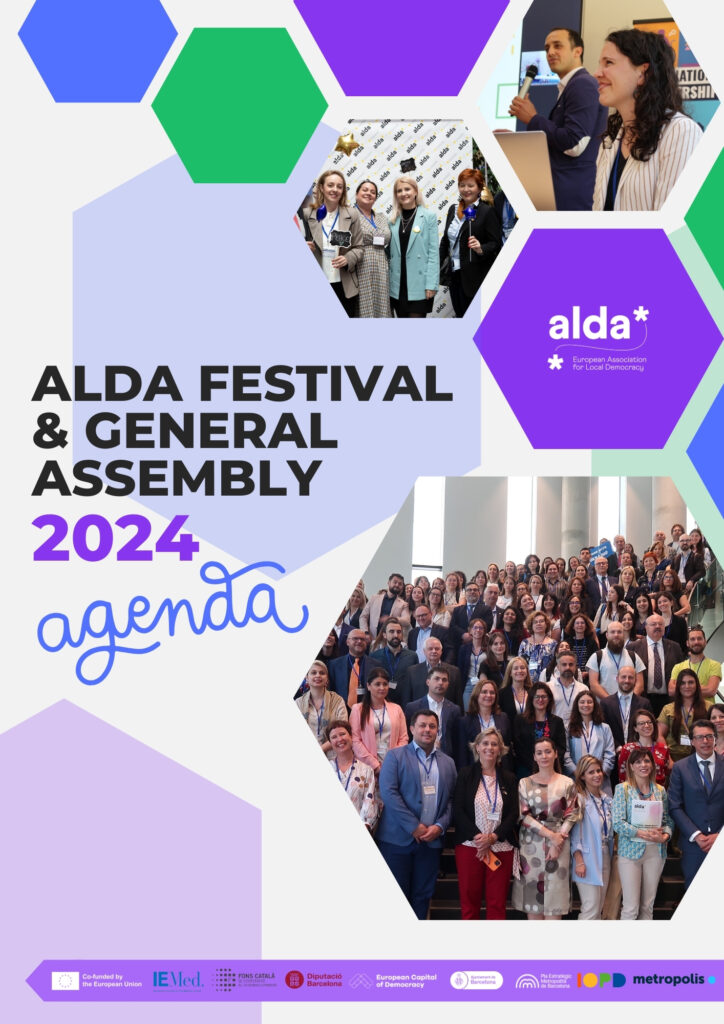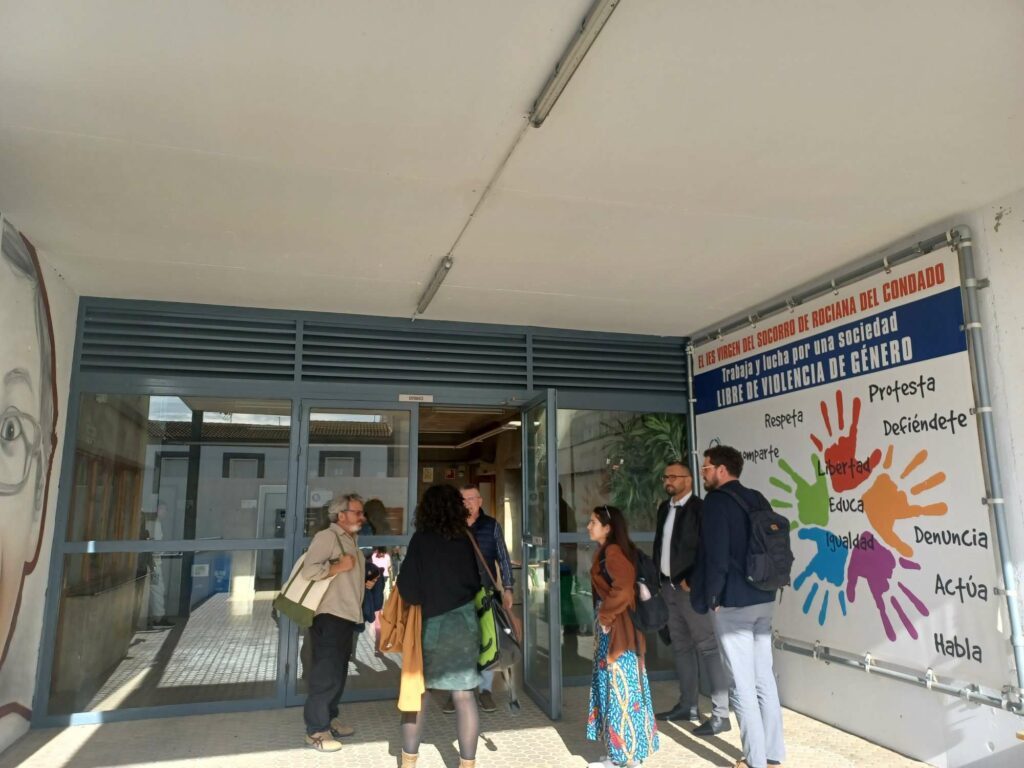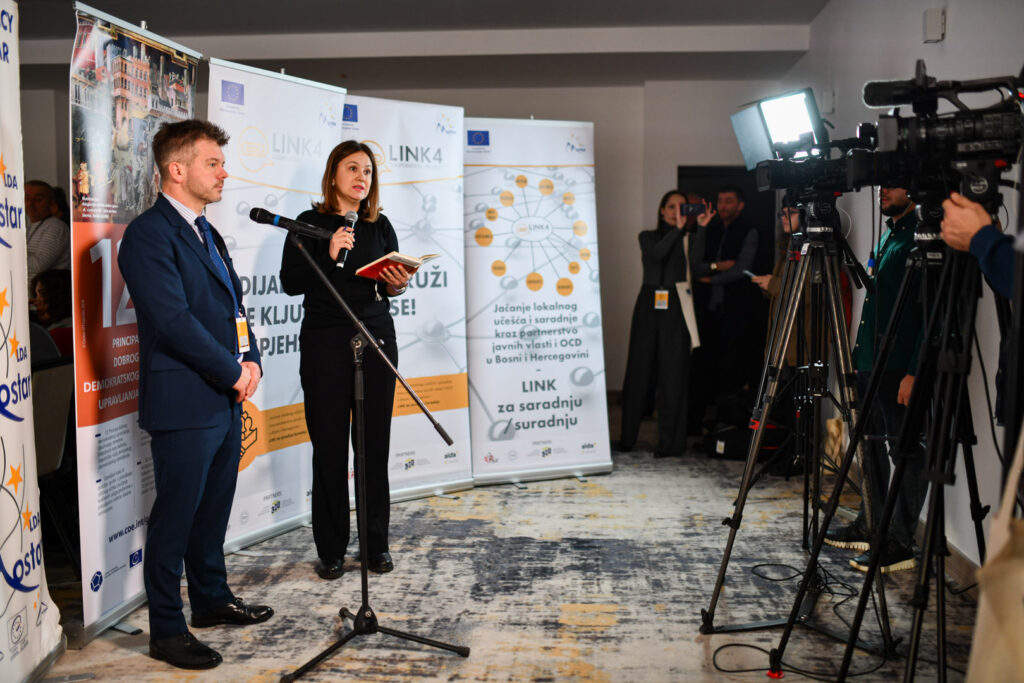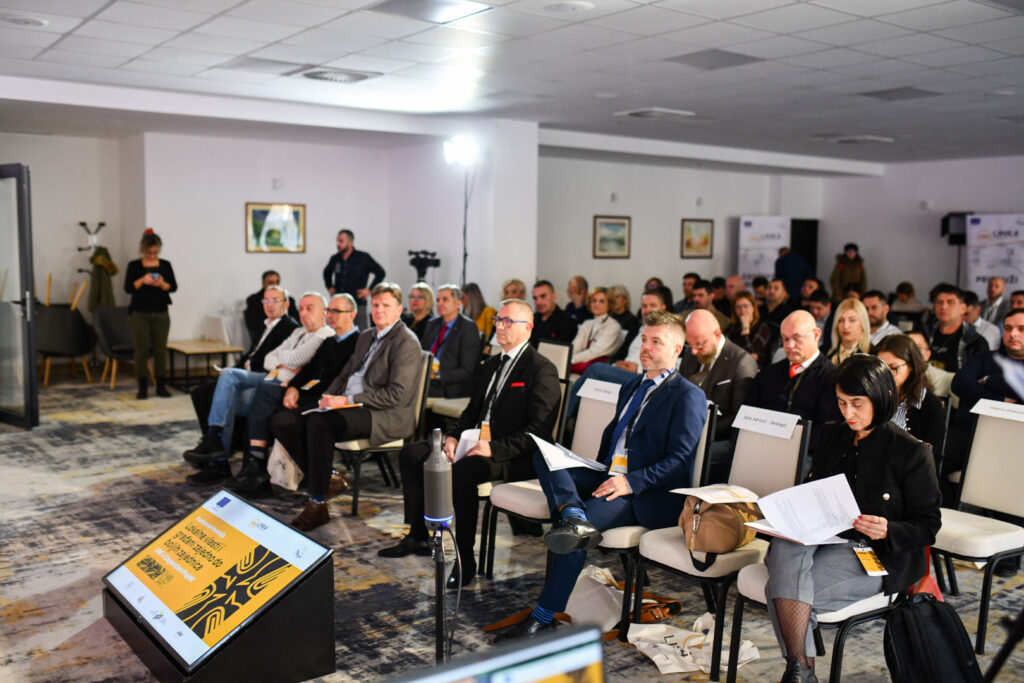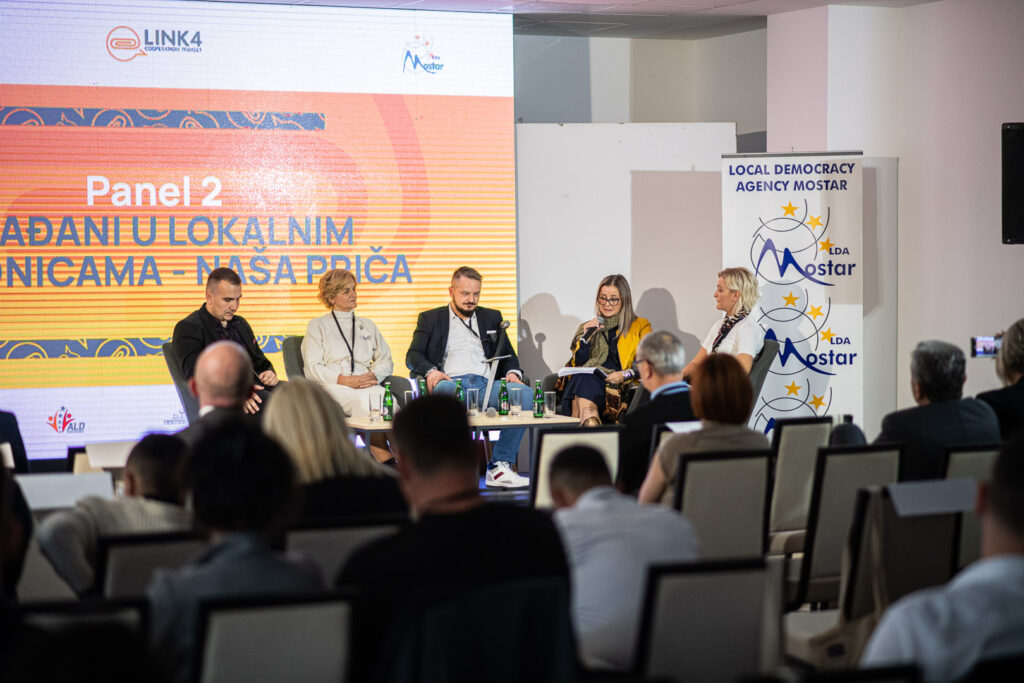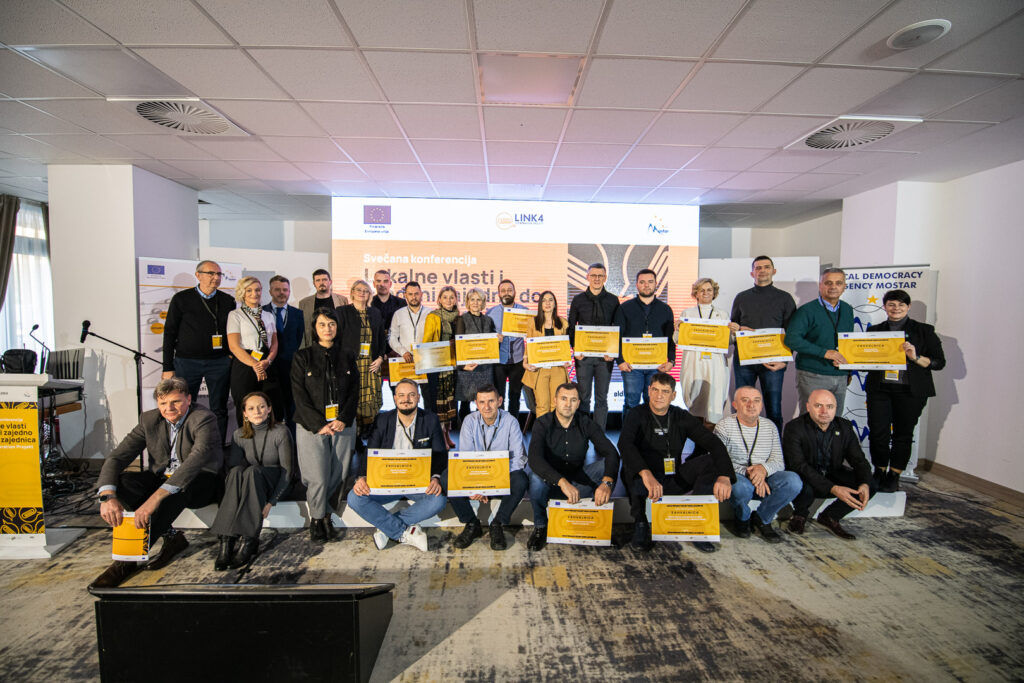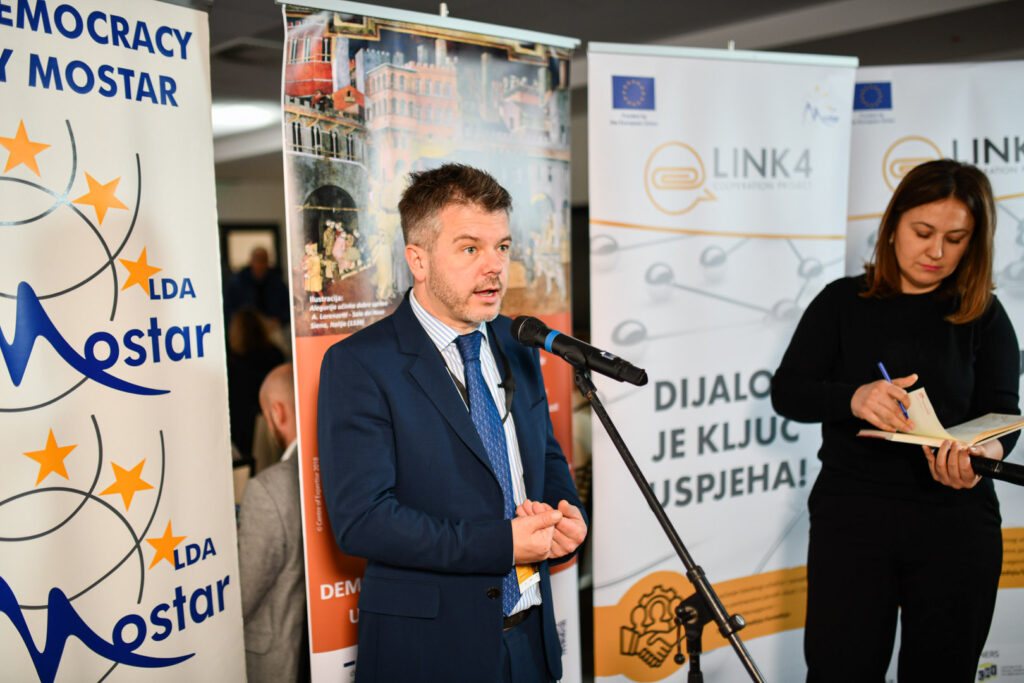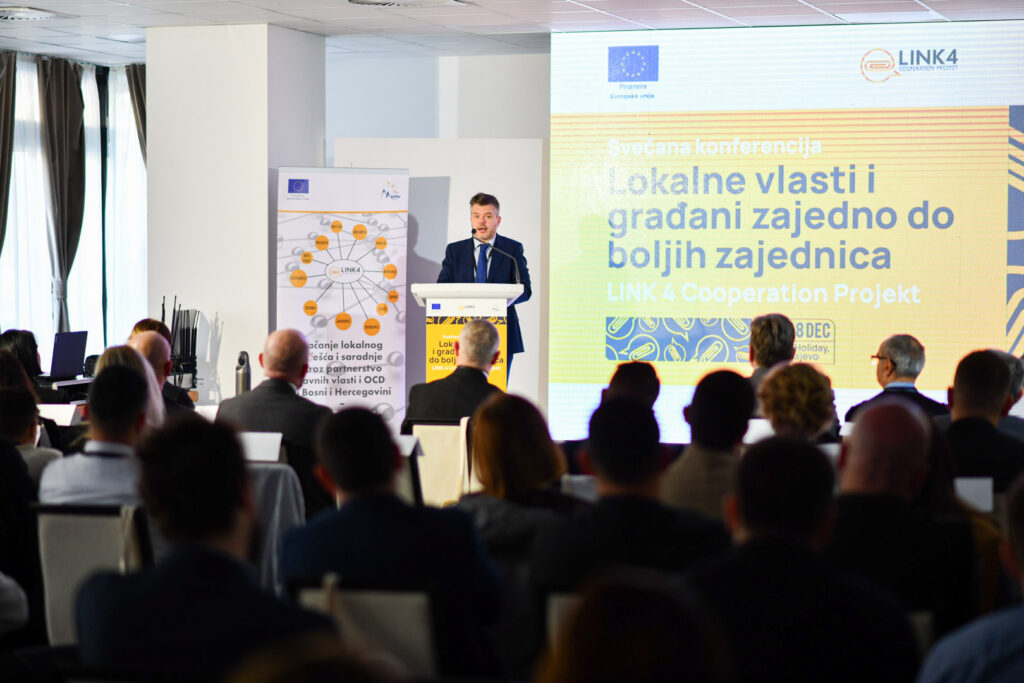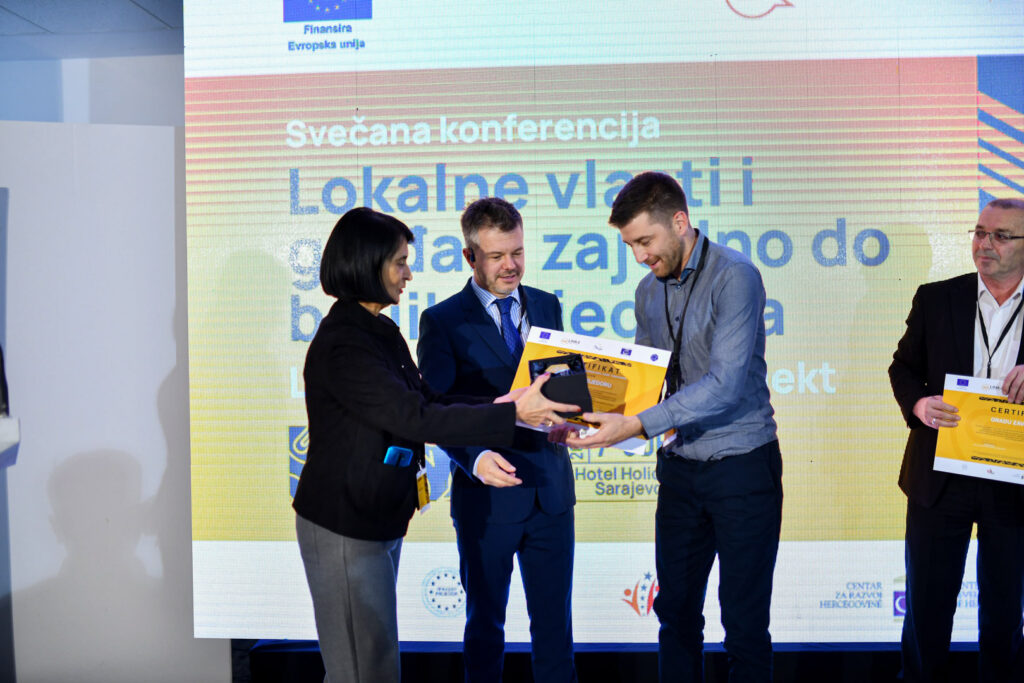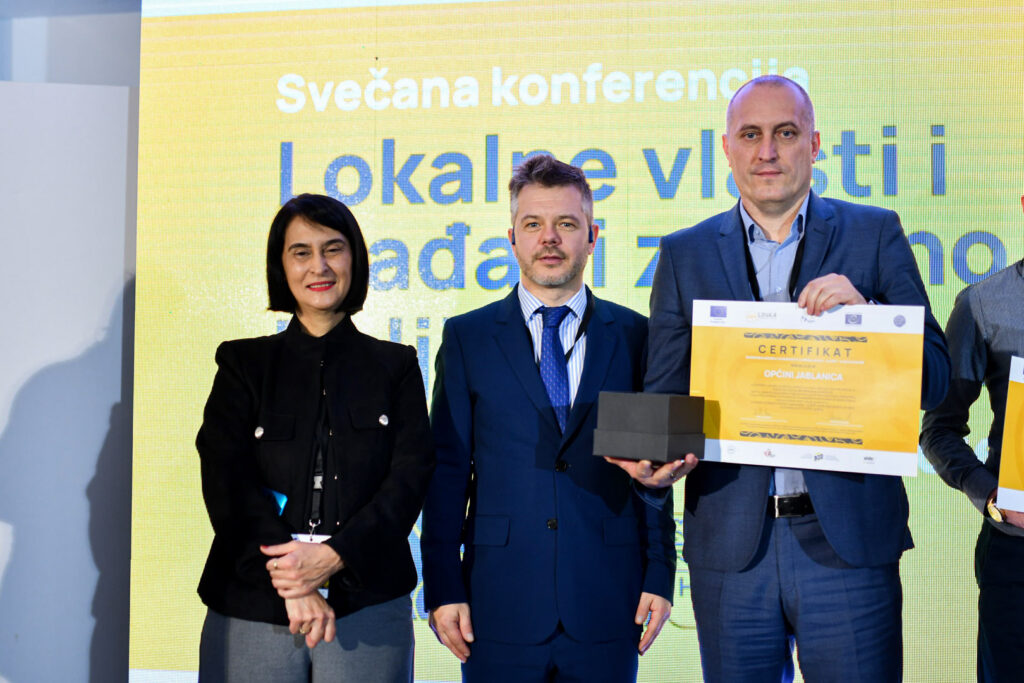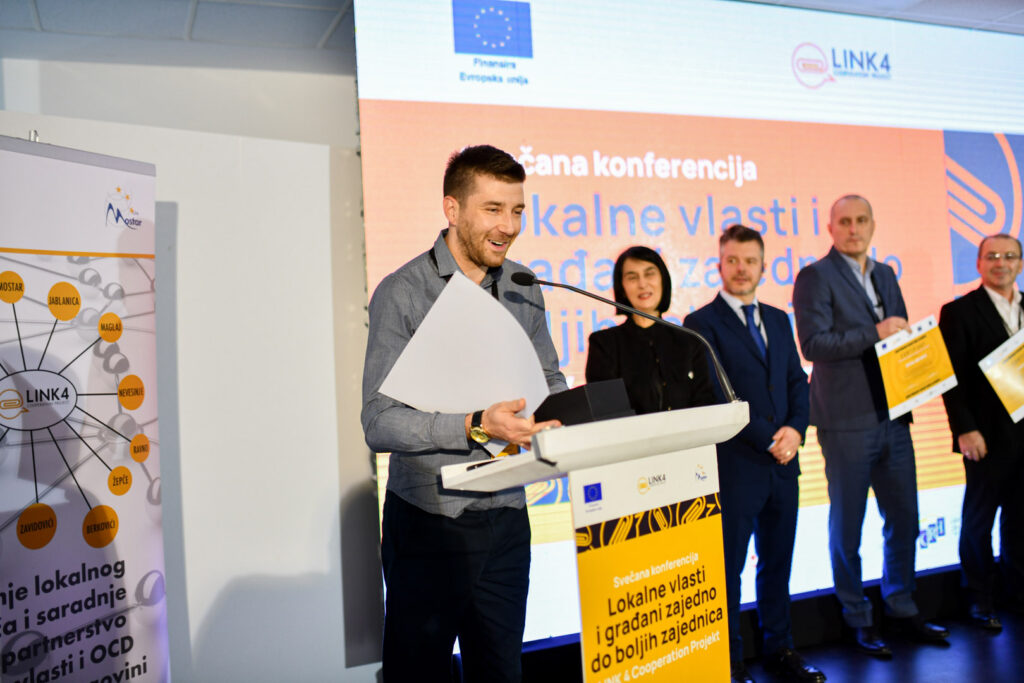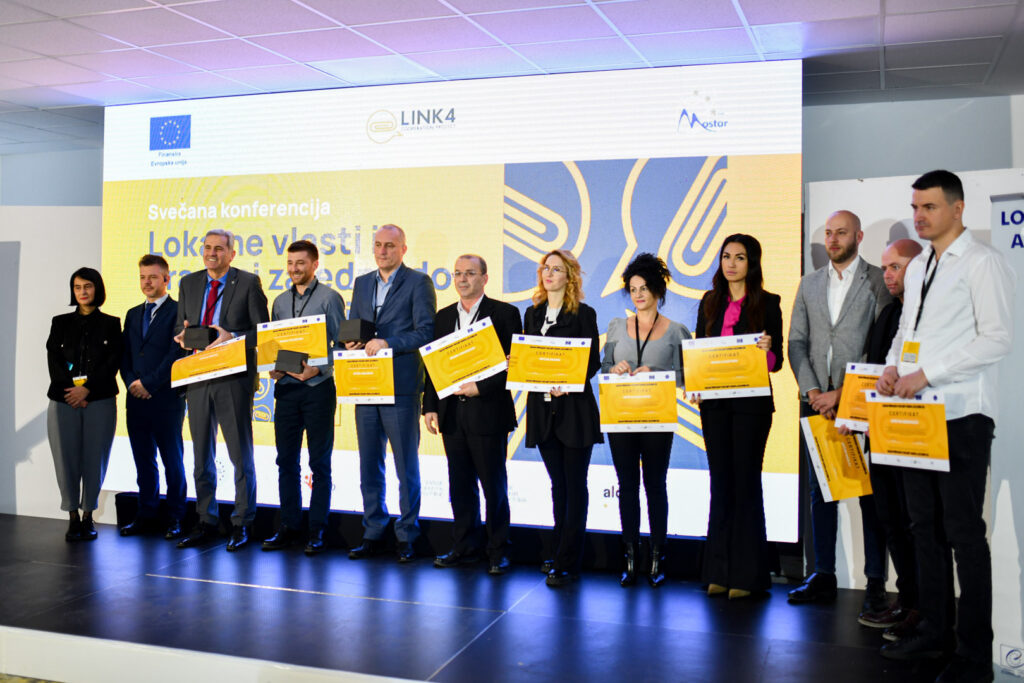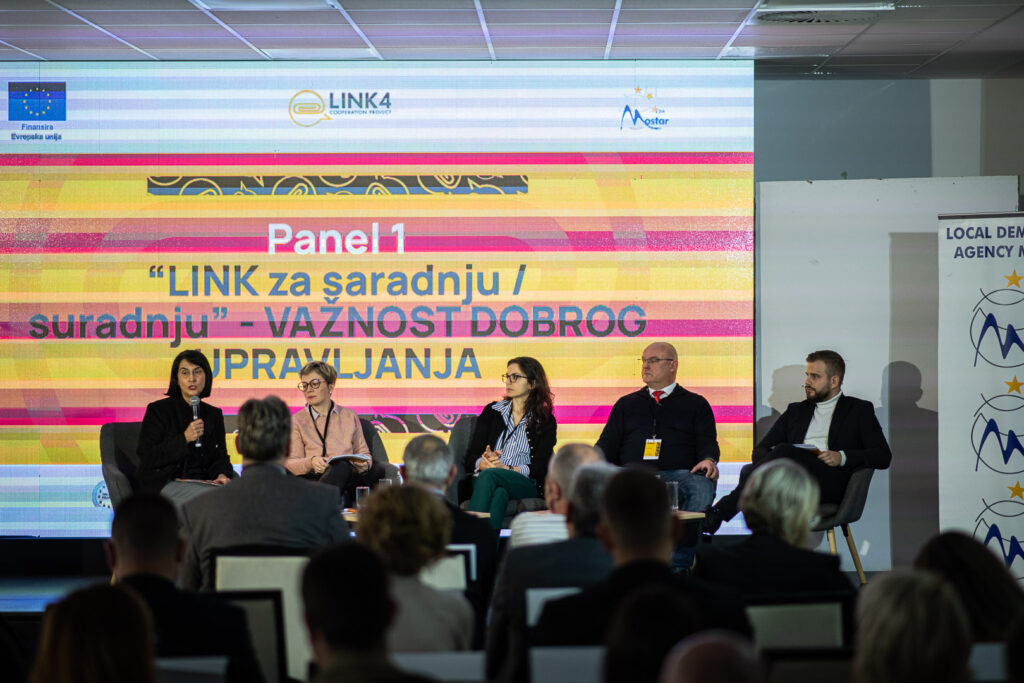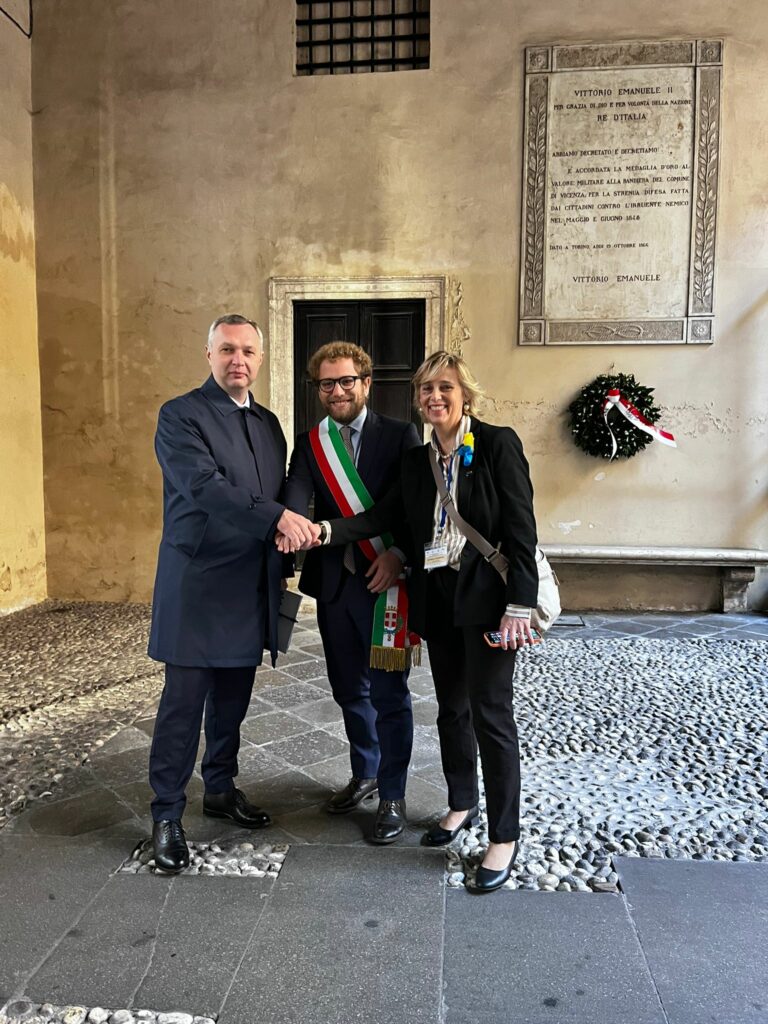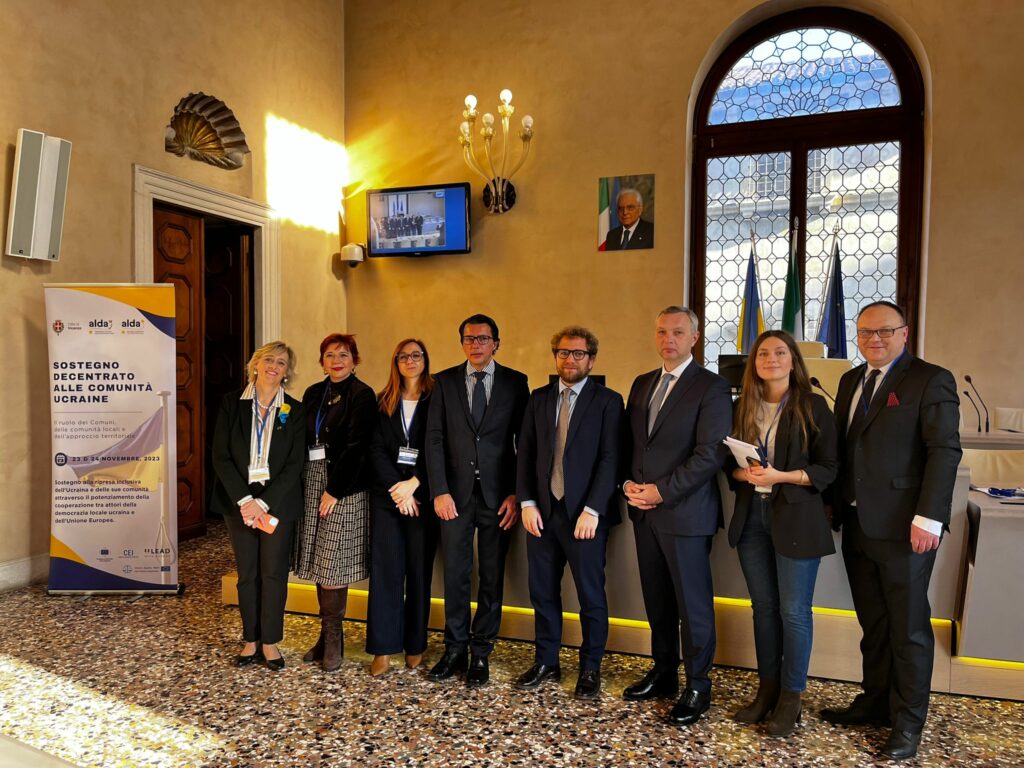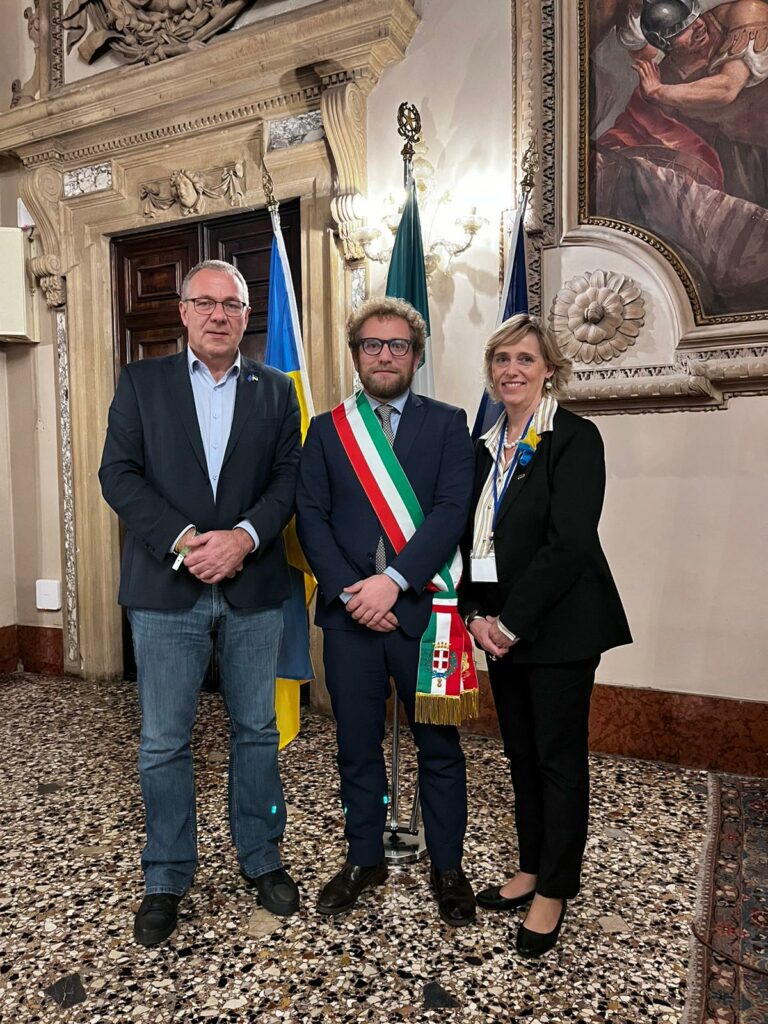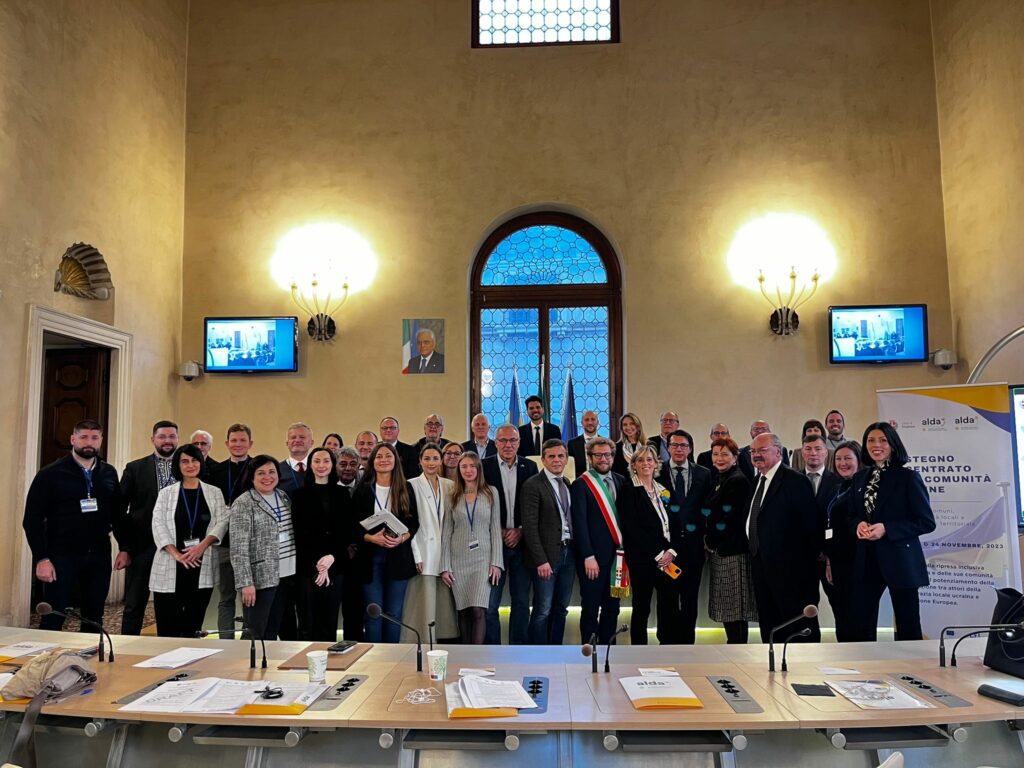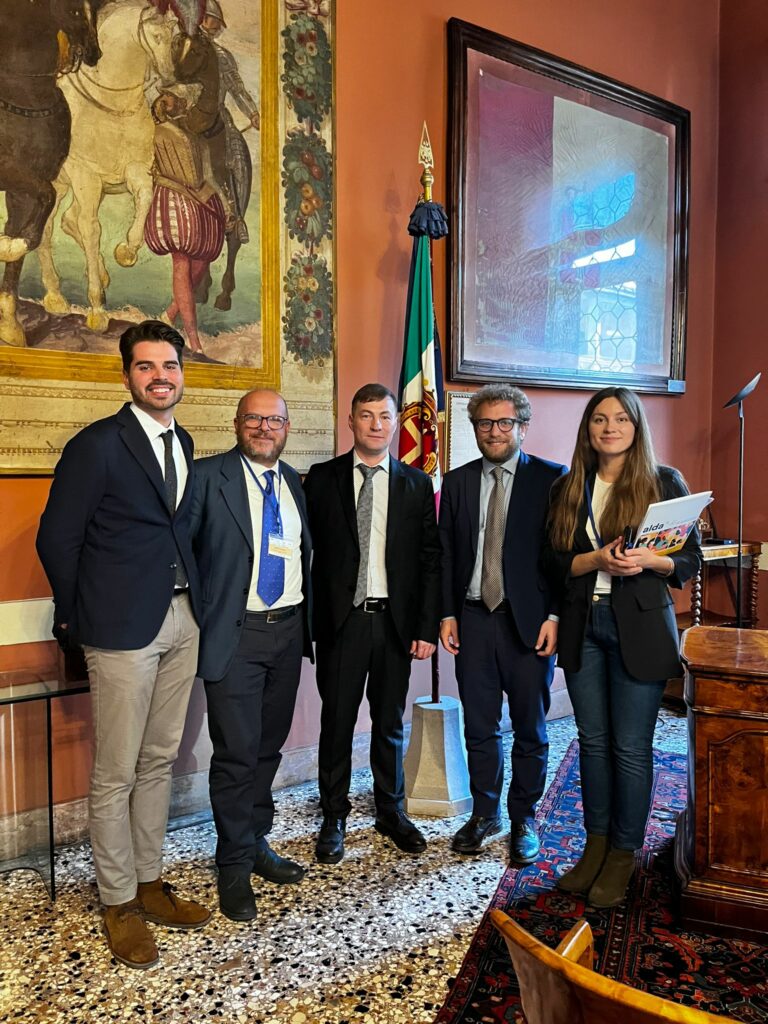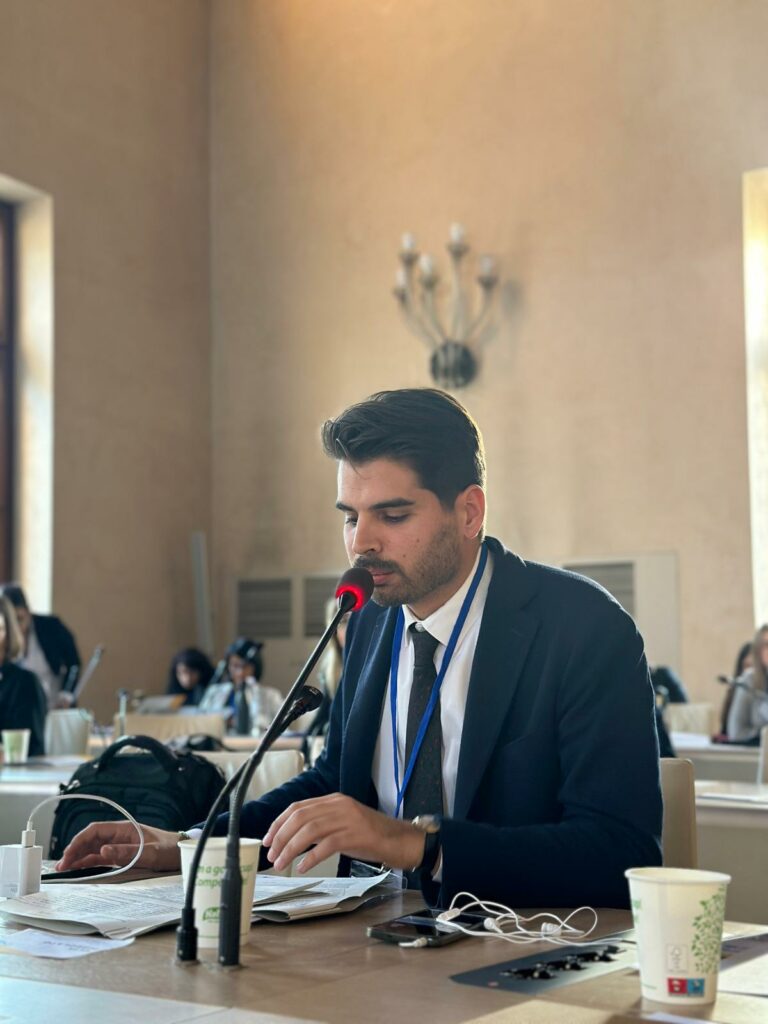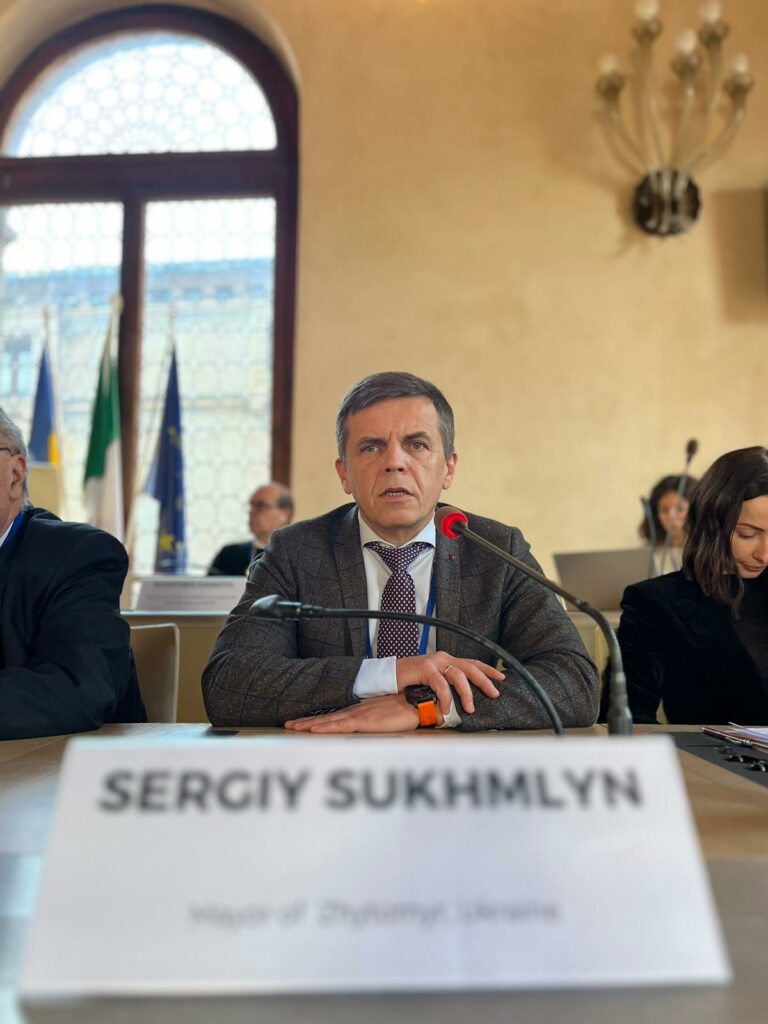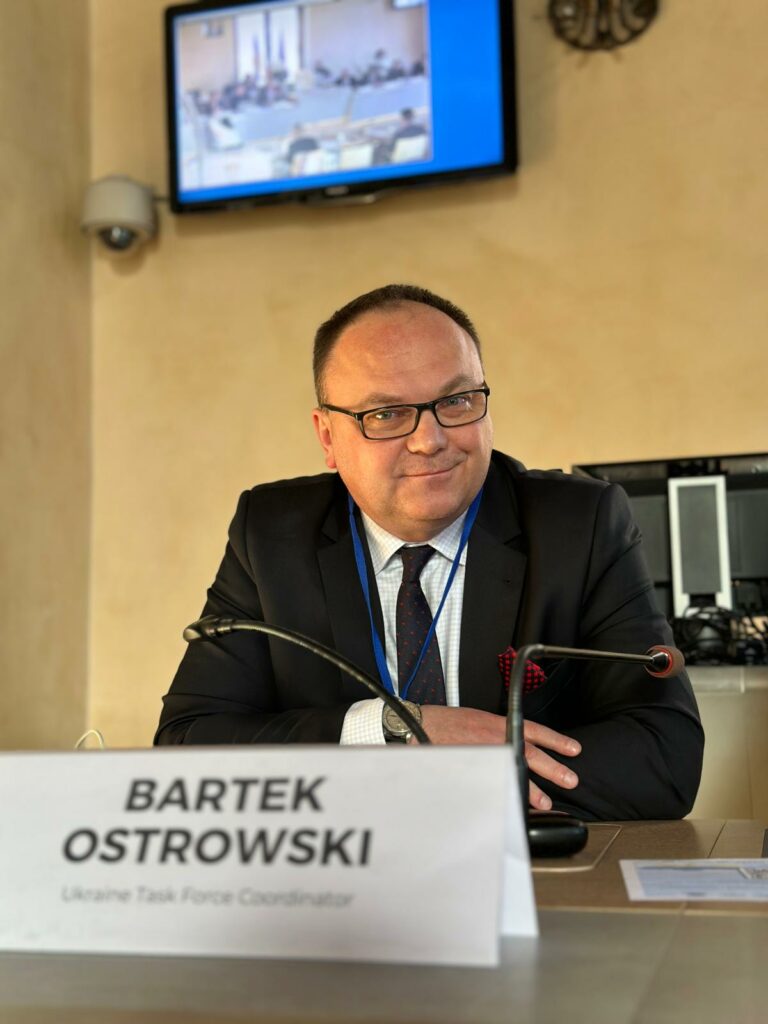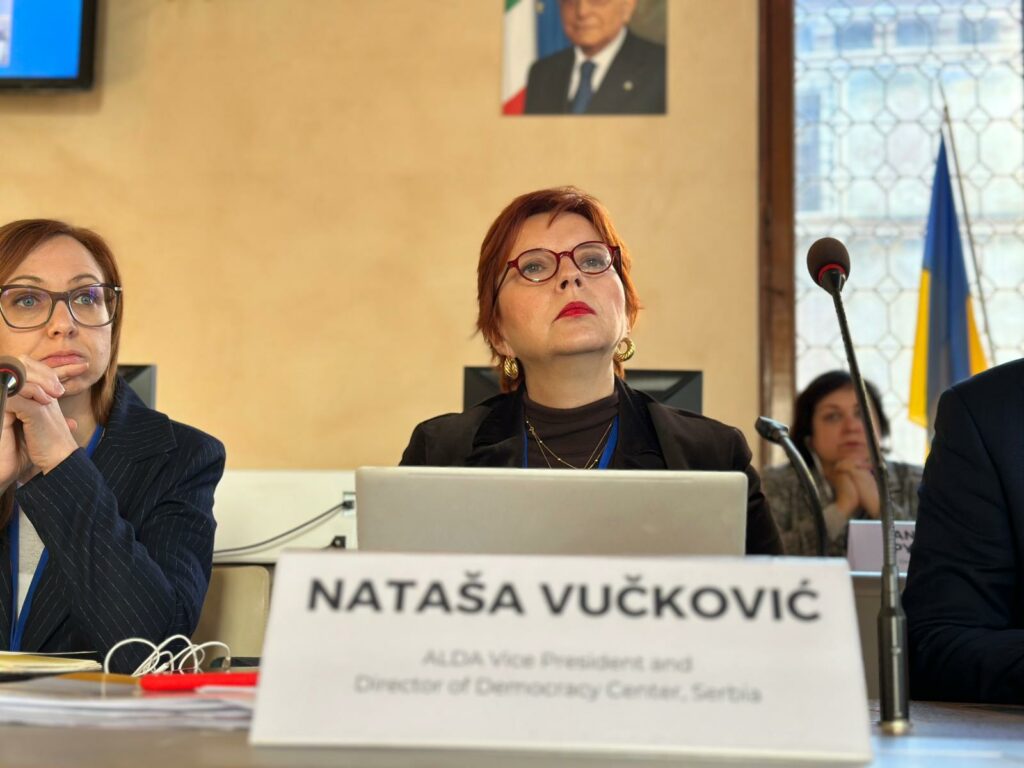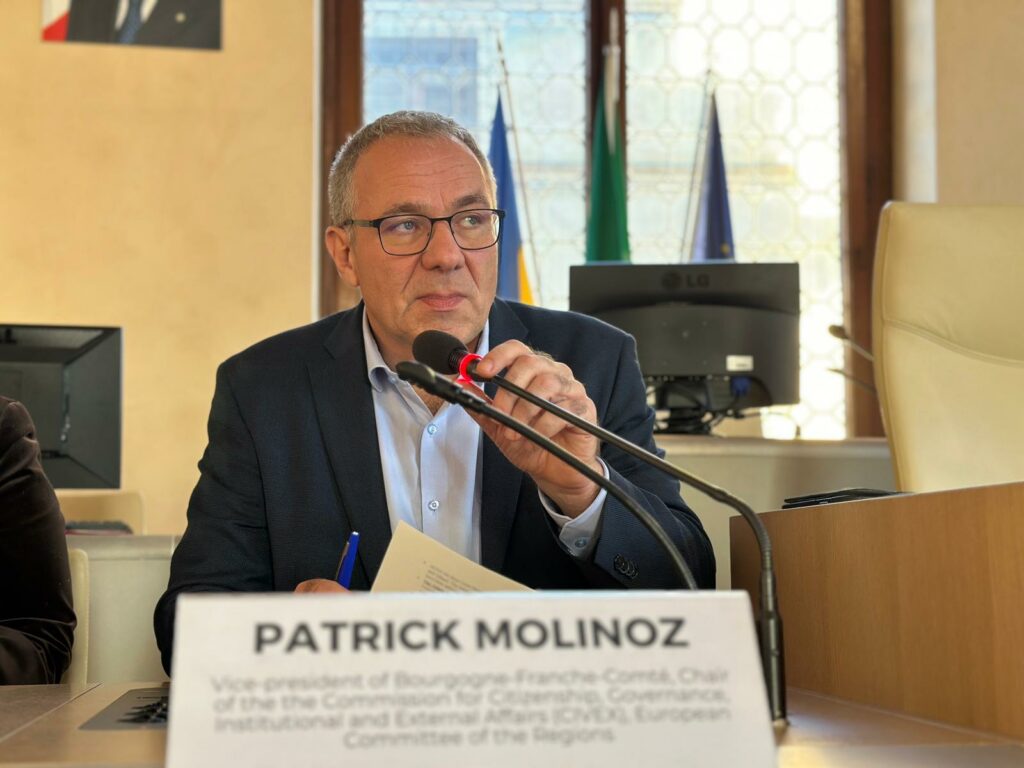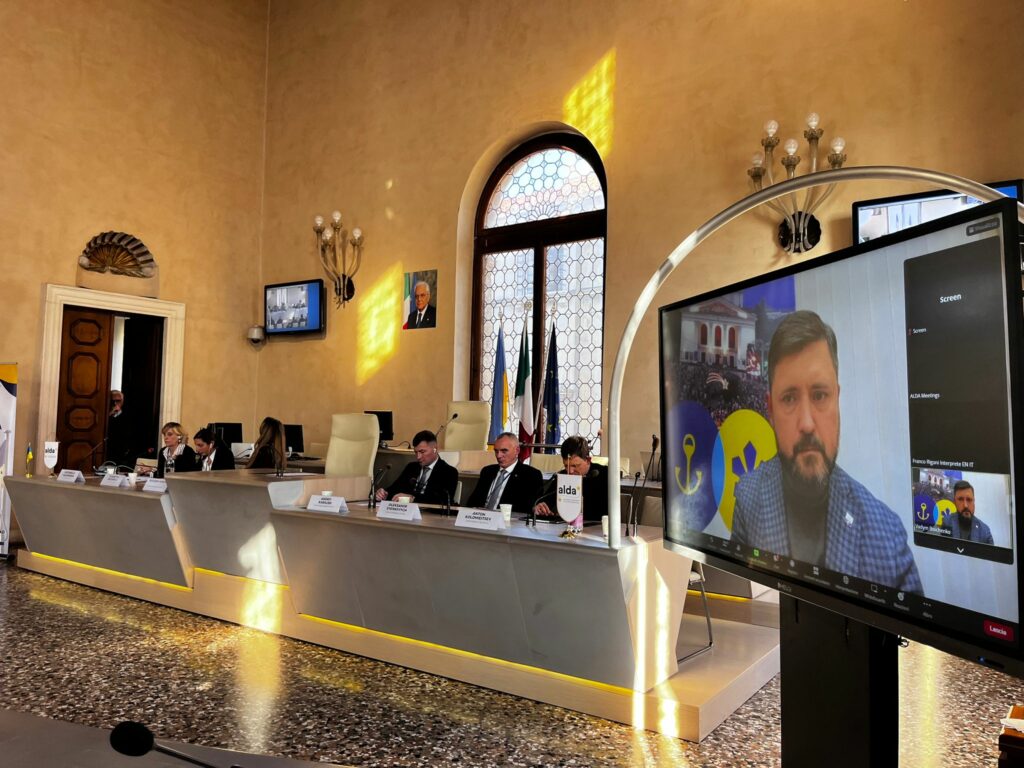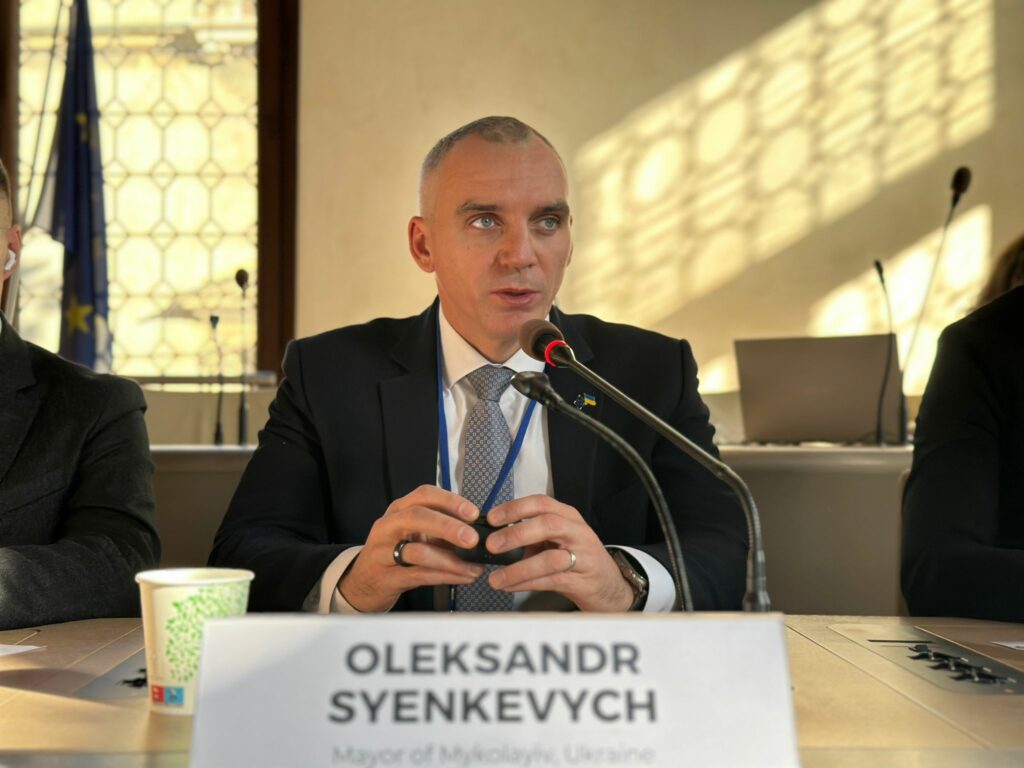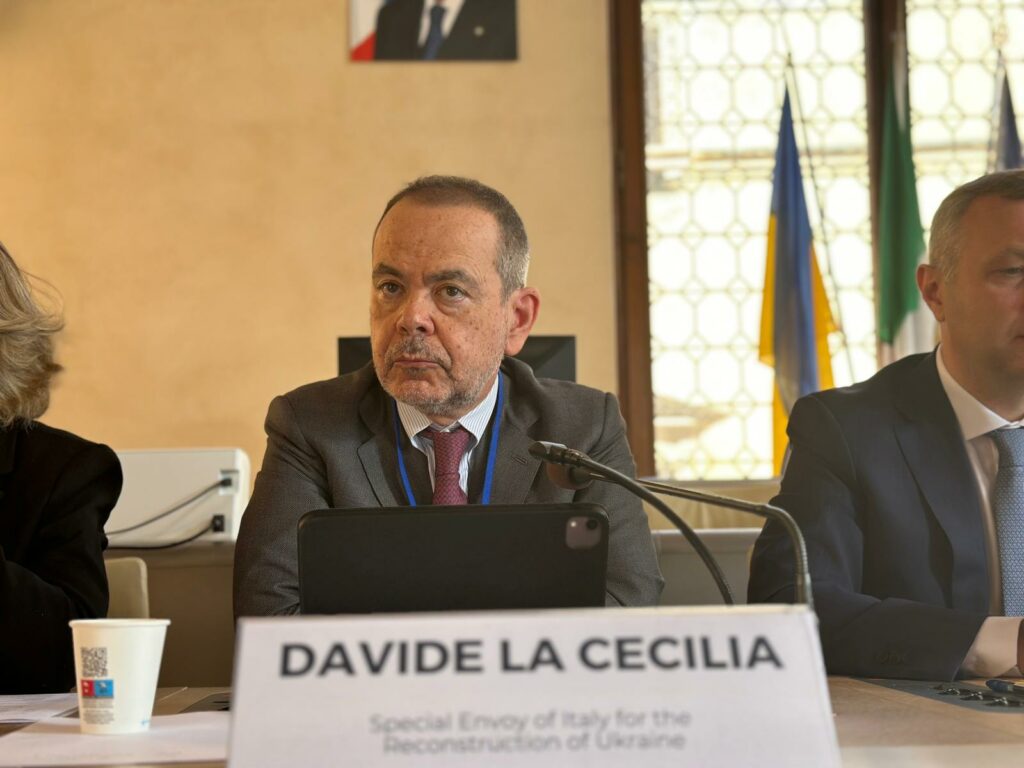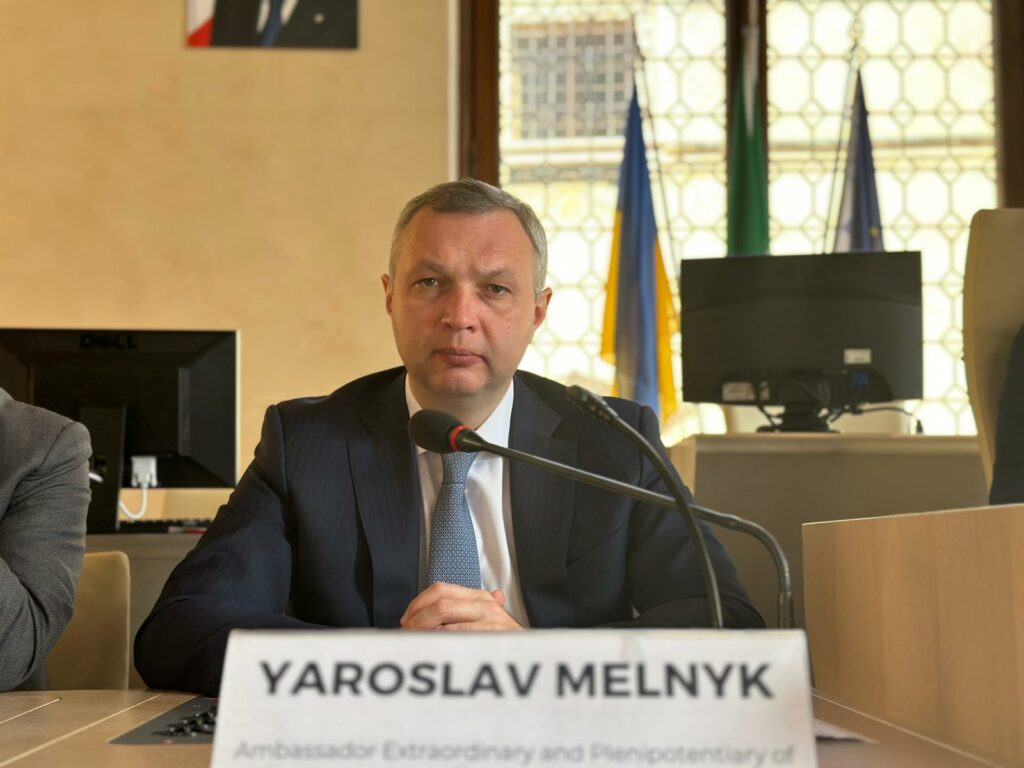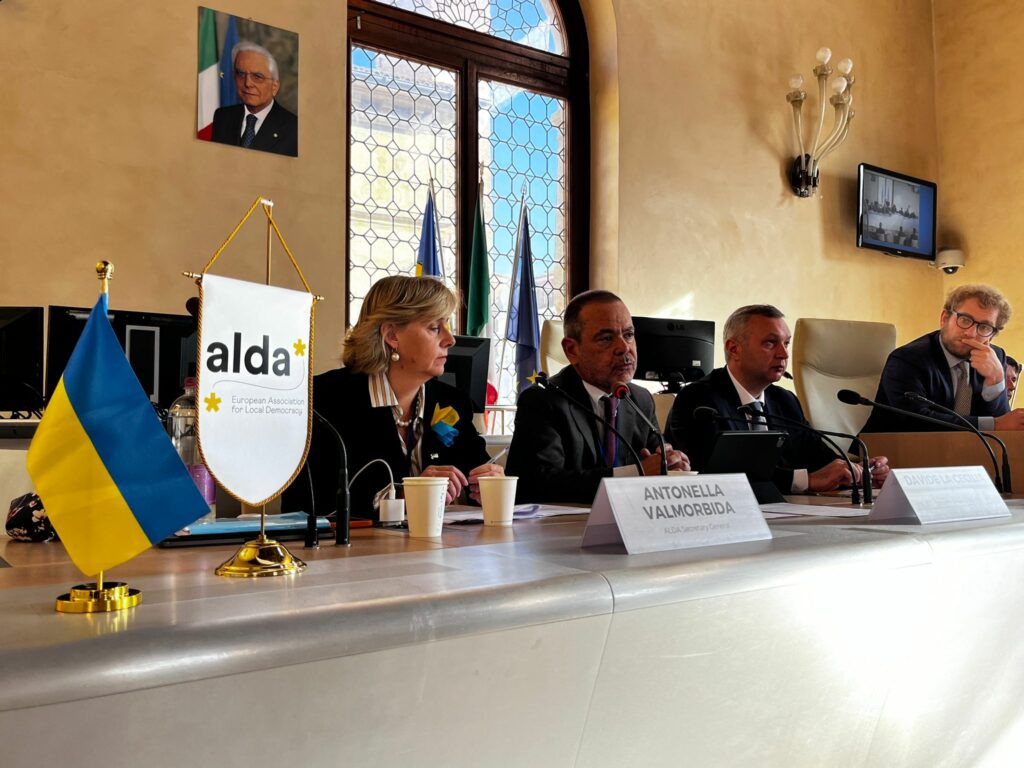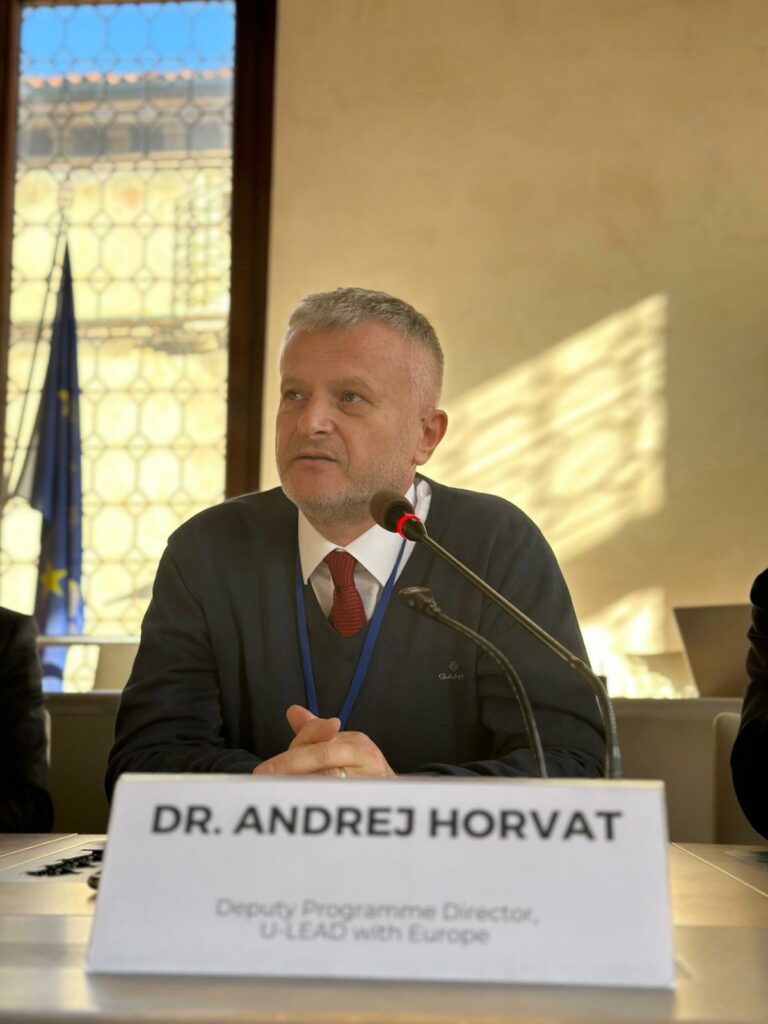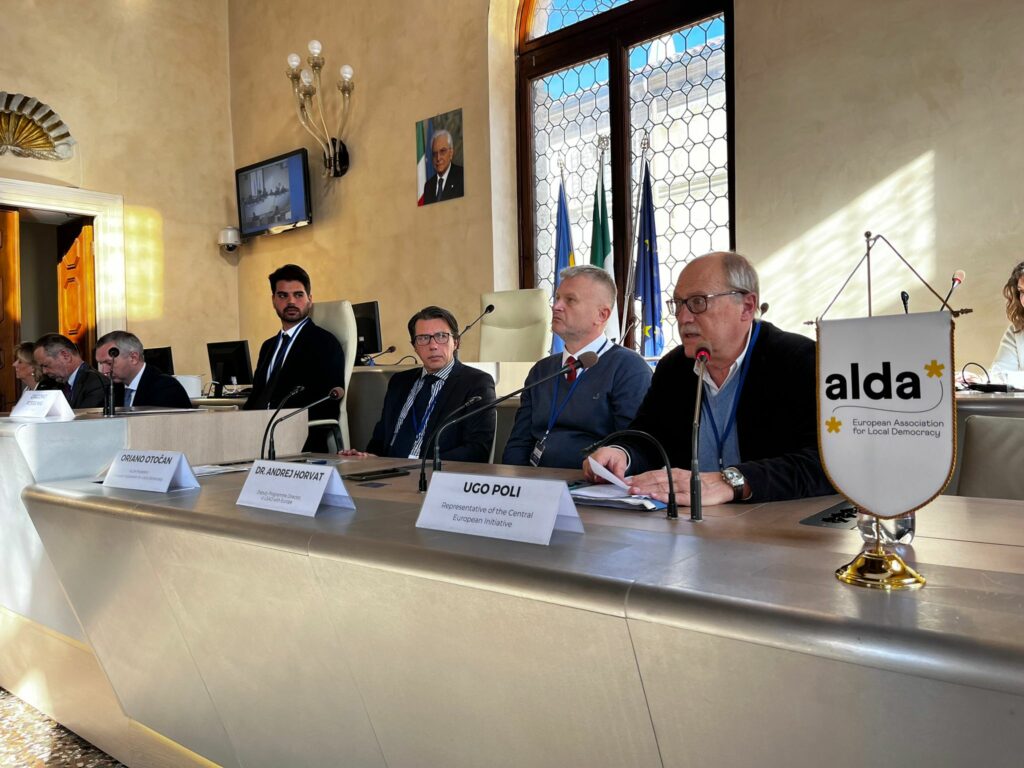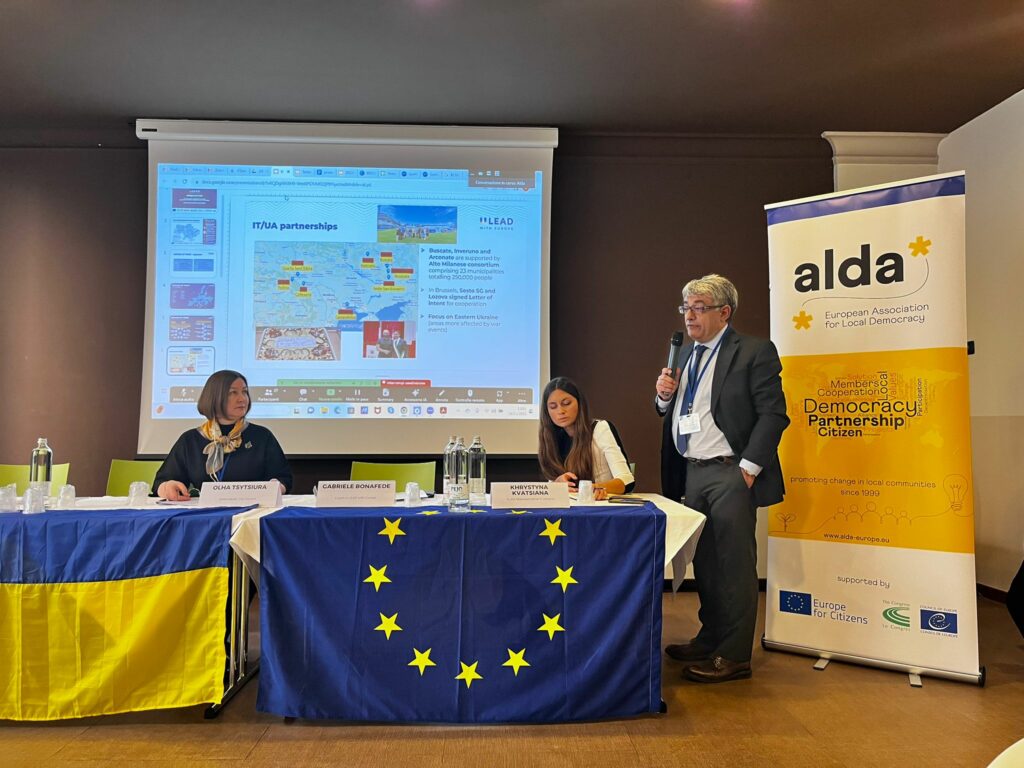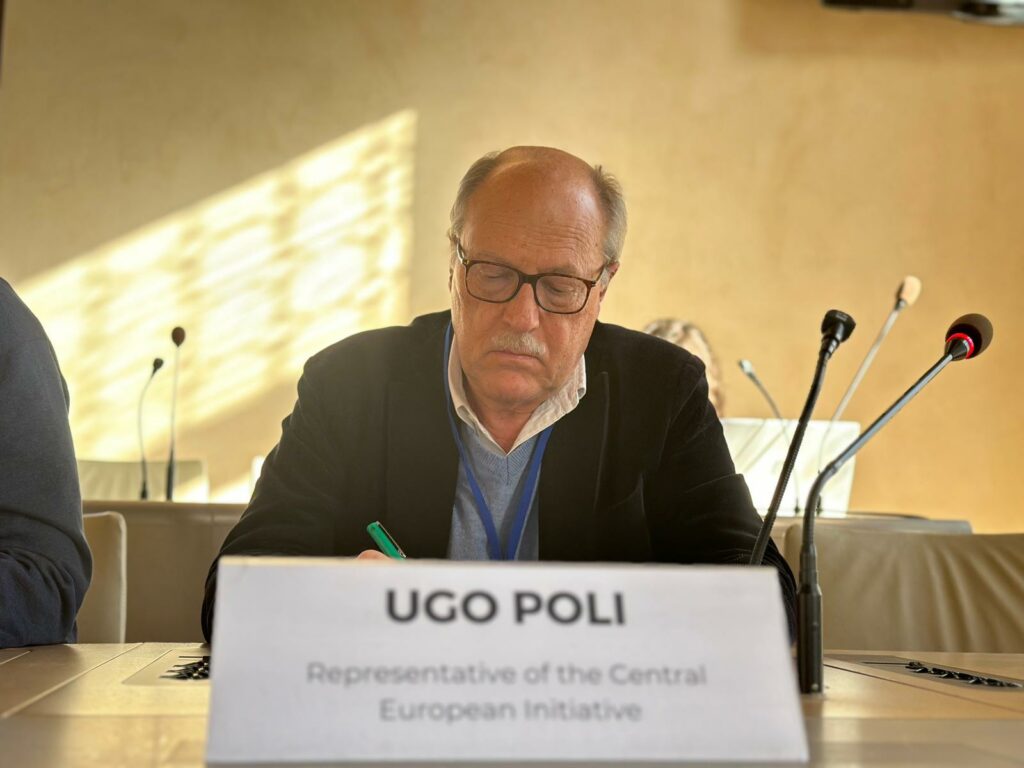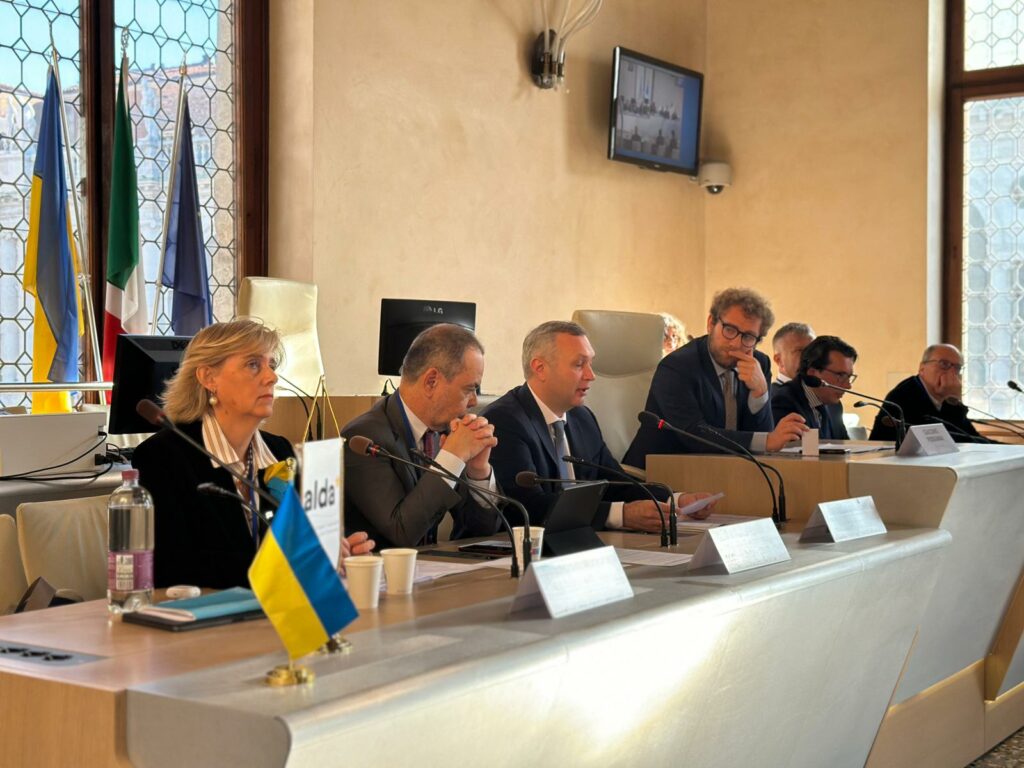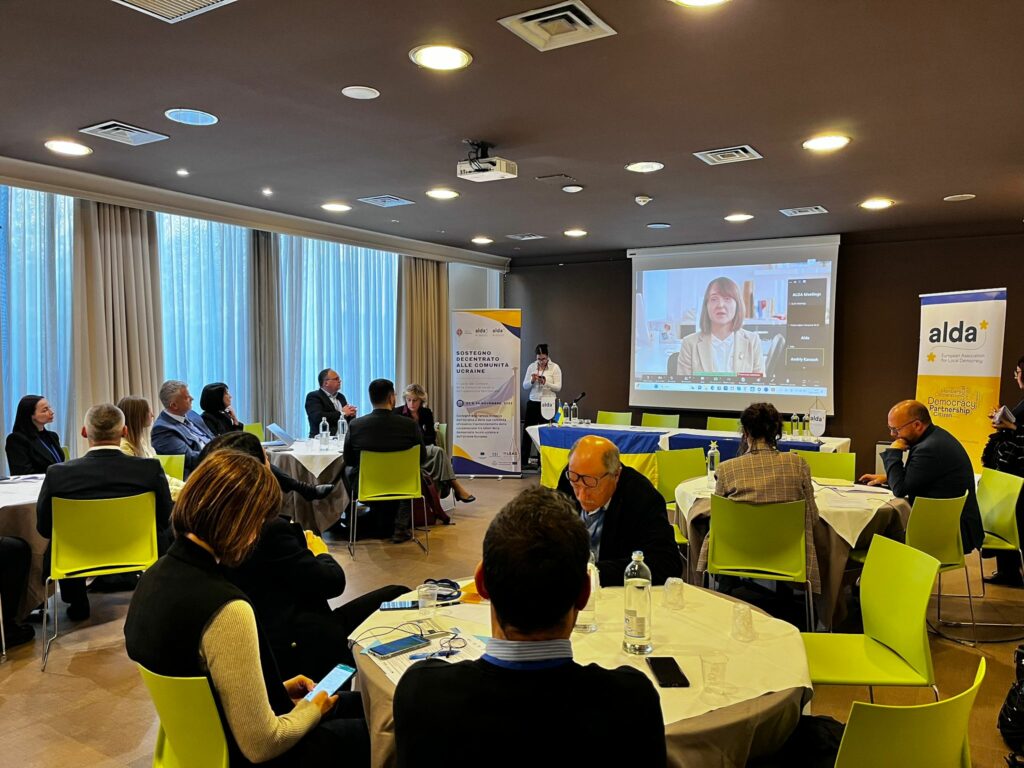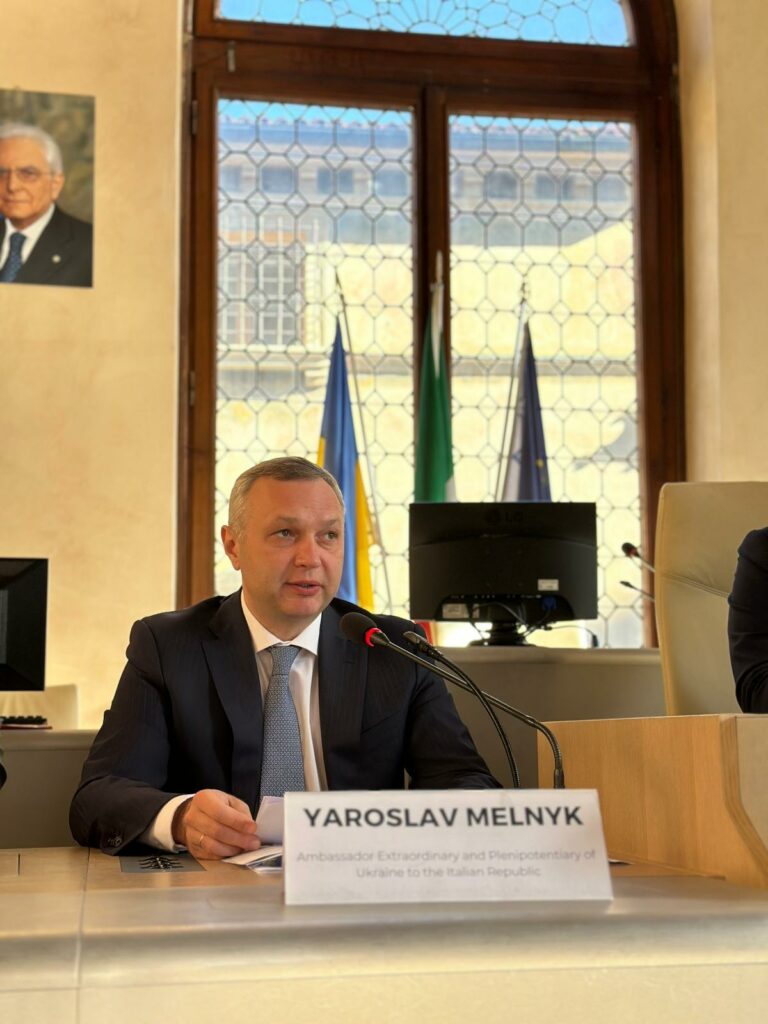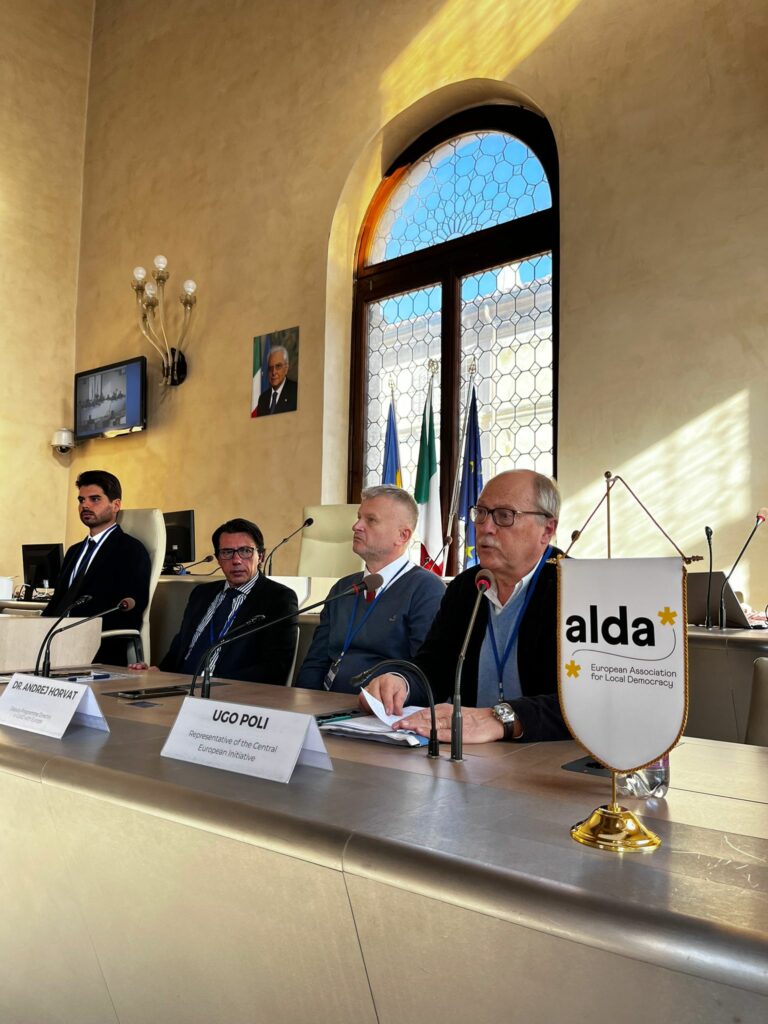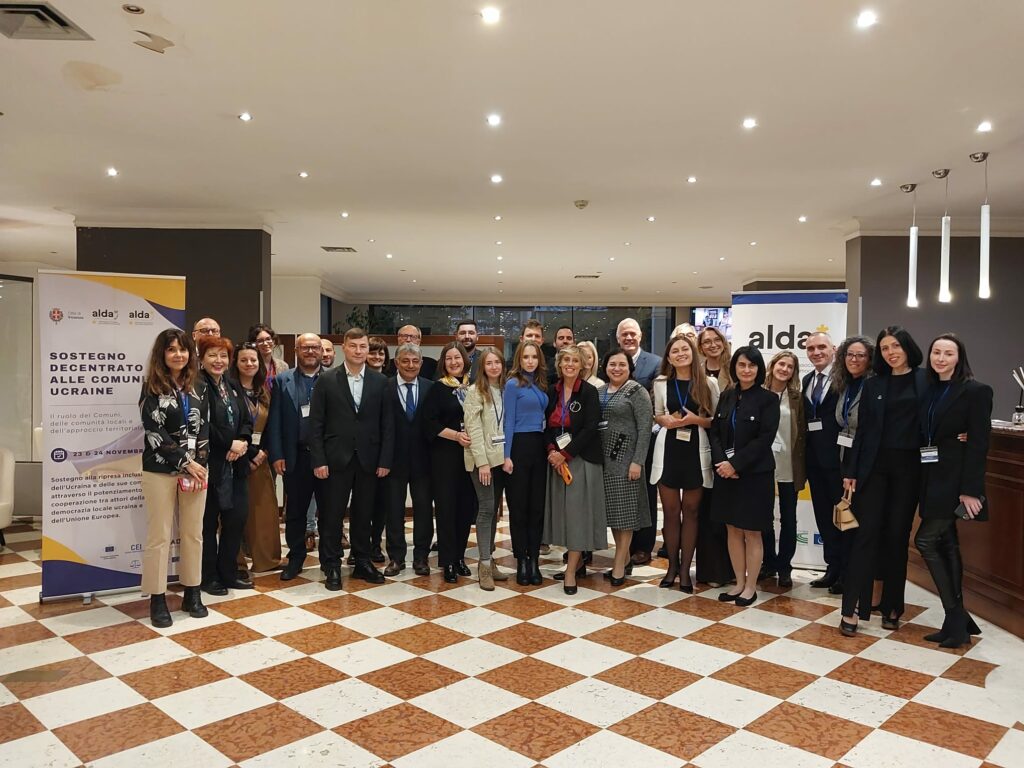The Food Wave Project , which was co-funded by the Development Education and Awareness Raising Programme (DEAR) of the European Union, came to an end in November 2023. It was led by the Municipality of Milan in collaboration with ActionAid Italia, ACRA, Mani Tese, and 25 other project partners spanning 17 countries, also including ALDA. It aimed to raise awareness about sustainable practices in food consumption and production to address climate change and actively engaged young individuals aged 18 to 35, empowering them to have an impact on institutional decision-making.
The overarching goal of the project was to raise awareness and foster engagement among young people regarding sustainable approaches to food consumption and production, with a specific emphasis on climate change, both in terms of mitigation and adaptation.
ALDA and the Food Wave Project: reaching a pan-european impact
The Project, under the coordination of ALDA, with the collaboration of the project partners and in synergy with the Milan Urban Food Policy Pact (MUFPP), established a sub-granting scheme. This sub-granting scheme was established to contribute to the overarching goal of the Food Wave Project, aiming to bolster grassroots initiatives promoting climate-friendly food consumption behaviour. As the overall objective of the Food Wave Project was to involve smaller youth organisations and local authorities interested in supporting action but lacking the means to do so, the sub-granting scheme concentrated on activities designed to yield tangible outcomes, serving as illustrative models for generating constructive and result-oriented endeavours.
The main objectives of the activities funded focused on the connection between climate change and sustainable urban food systems, particularly in the context of food sovereignty and climate justice. The emphasis was placed on underscoring the pivotal role that young people can play in the shift towards more resilient and sustainable food systems, along with the adoption of innovative strategies for climate change adaptation.
The main themes that were addressed are: Sustainable diets to reduce the impact on the planet and protect human rights, fight against food waste, sustainable food education and knowledge sharing/dissemination, local alternative food systems, local producer and territorial market, fight against climate change and equal access to healthy, sustainable and fair food.
The main activities that the subgrantees implemented included, among others, communication, promotion of good practices, cooking workshops, thematic visits, flash mobs, awareness-raising public events, initiatives in schools, art contests, and initiatives against food waste. The Diverse Targets were: High School Students, University Students, Young Parents; Young Professionals, local youth of the neighbourhood, young people with a migratory background etc.
About 10.000 young People were directly involved in 15 EU Countries. Almost 500.000 people were indirectly reached by the activities.
Call for proposals:
- First call for proposals
Beneficiaries: Youth and Small Civil Society Organisations
Budget for the action: 3000 €
Projects funded: 10 projects funded
- Second call proposals
Beneficiaries: Cities and Municipalities
Budget for the action: 5000 € (contribution of up to 3750 €)
Projects funded: 16 projects funded
- Third call for proposals
Beneficiaries: Small networks of Local Authorities and Civil Society Organisations or Associations
Budget for the action: 15000 € (contribution of up to 11 250 €)
Projects funded: 6 projects funded
The emphasis was placed on underscoring the pivotal role that young people can play in the shift towards more resilient and sustainable food systems
Feed your future – Urbanizing food solutions – Food Wave Final Event
The final event took place from November 22nd to 25th, and was organised by the Municipality of Milan, ActionAid Italy, Fondazione ACRA and Mani Tese – in cooperation with Will Media as part of the Food Wave project and of the Food Policy of the City of Milan.
Three days of public and institutional events that were aimed at reconsidering our relationship with food and identifying together the solutions to transform it. It highlighted especially how the Municipality of Milan is working on climate and food policies at the local and international level and played a pivotal role as a platform for stakeholders to assess the outcomes attained through the Food Wave initiative and deliberate on future possibilities for involving global youth in city-level initiatives.
The event also included live conversations with Italian and international guests, on-the-ground experiences, a hackathon, and a documentary screening. 2023 marks the closing phase of the project, a moment of reflection on what has been learned and accomplished, but also an opportunity to involve citizens in a collective discussion about the future.
On 30th of November Food Wave participated at the COP28, which was held in Dubai, organising a Side Event at the Italian Pavilion.
The objective of the event was to examine how institutions can work with young people to promote and implement strategies towards a sustainable food system, starting with the involvement model implemented in the Food Wave project, which created a dialogue between young people and policymakers.
Emanuela Vita, Project Manager of the Food Wave project, Municipality of Milan and Valeria Fantini, Project Manager at ALDA talked about the thematic focus which is, involving young people as change makers to raise awareness in the local community about the link between food and climate and to implement sustainable food practices.
This concluding event at a Side Event Italian Pavilion, COP28, Dubai served as a remarkable finale for a highly successful project that surpassed the partners’ expectations. Throughout the initiative, partners exchanged professionalism and best practices, values that defined Food Wave from its inception to its conclusion.
Conclusions
We are really proud of the achievements and we are also happy to have shared with so many people knowledge, best practices and questions related to The Food Wave project, promoting an active and constructive dialogue on the challenges.
The project had a great impact as it managed to implement:
- 42 activism schools with which we trained 790 students
- 3 international calls for for municipalities and youth associations with which we financed 43 projects at European level for over 10.000 beneficiaries
- 31 discussion fora events with more than 800 young participants
- 2 art contest international competitions for young artists and designers
- 86 street action and art performance activities throughout Europe with over 117,000 participants
- 36 film festival events and screenings at film festivals that involved more than 9,500 participants
We will persist in following this path, and we also encourage you not to cease making a positive impact in the community. The overarching goal of the project was to raise awareness and boost engagement among the youth, so let’s continue progressing in the right direction.
Thanks again to everyone who participated!
